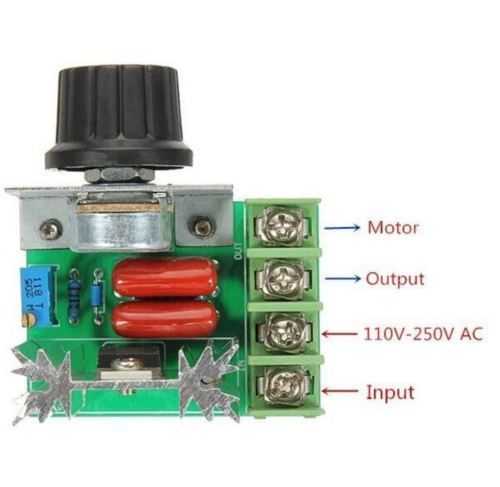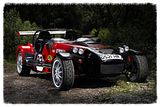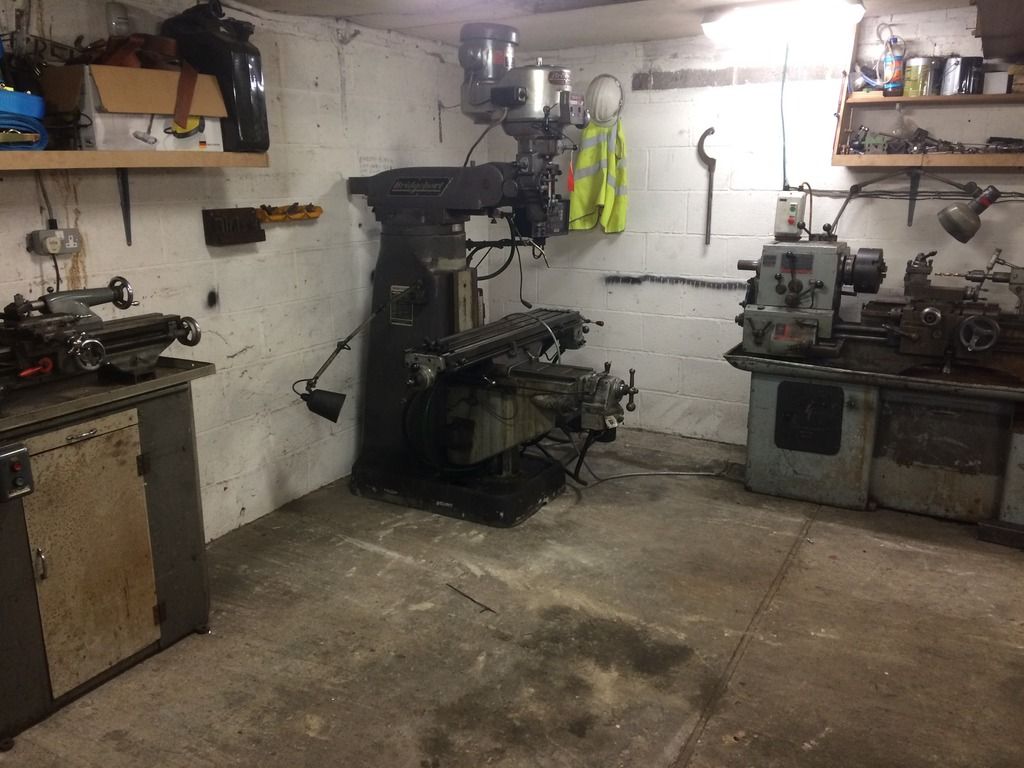richardm6994
|
| posted on 19/4/16 at 12:39 PM |

|
|
Will this work?
I'm always wary of mains electrics, so I thought I'd ask the question before attempting this.
Using the bits I already have......
If I was connect 110VAC onto the voltage regulator inputs, and then connect the regulator outputs onto a full bridge rectifier, will I be able to get
variable DC voltage from the rectifier outputs by twisting the knob on the voltage regulator?

I'm wanting to achieve a variable DC voltage from a 110vac supply.
(I'm aware I will probably need a smoothing capacitor on the rectifier)

|
|
|
|
|
onenastyviper
|
 posted on 19/4/16 at 01:02 PM posted on 19/4/16 at 01:02 PM |

|
|
Seriously, if you are not sure what you are doing then don't.
If you need a variable low voltage (0 to ~30Vdc) power supply, buy one - it is safer than messing around.
DC can be more dangerous than AC and at lower voltages than you would expect.
"If I knew what I was doing then it wouldn't be called research would it?...duh!"
|
|
|
SeaBass
|
| posted on 19/4/16 at 01:10 PM |

|
|
No is the short answer...
Go down the easiest route - most thing you want to achieve will have a simple kit available...
How about this?
|
|
|
richardm6994
|
| posted on 19/4/16 at 01:42 PM |

|
|
I'm aware of the dangers of DC voltages.
The eBay link is no good as the output range is only 1.25-12v
The DC voltage range I need is 20v to 100v DC and 4.6amps.....from a 110vac supply
[Edited on 19/4/16 by richardm6994]

|
|
|
richardm6994
|
| posted on 19/4/16 at 01:43 PM |

|
|
quote:
Originally posted by SeaBass
No is the short answer...
why?
give me the long answer 

|
|
|
r1_pete
|
| posted on 19/4/16 at 02:00 PM |

|
|
What about using a variac to vary the AC input into a full wave bridge rectifier?
|
|
|
richardm6994
|
| posted on 19/4/16 at 02:12 PM |

|
|
quote:
Originally posted by r1_pete
What about using a variac to vary the AC input into a full wave bridge rectifier?
Thank you, that's a good suggestion and would work, but I'd have to buy a variac. I was trying to use bits I've already got if
possible.

|
|
|
02GF74
|
| posted on 19/4/16 at 06:29 PM |

|
|
What is the circuit you posted do?
Due to the small number of components, i am guessing its a triac for pwm of the input voltage to a motor, operation similar to light dimmer.
I think you will struggle getting varable dc out of it as it would depend on the load.
What is it you want a variable dc voltage for? What voltage range and current?
|
|
|
richardm6994
|
| posted on 19/4/16 at 06:52 PM |

|
|
Ok, answered my own question.....it doesn't work 
I've picked up a bargain Bridgeport. I've successfully converted the main motor to single phase using a digital converter and the DRO is
240ac anyway so no problem there.
What I'm doing now is powering the 2 motors for the table power feed. These are 100v DC and 4.5amp.
I bought the machine knowing the power feeds didn't work, but as it happens it's only the controller that's knackered, the motors
themselves are fine.
I've played around tonight and am now able to get a 50vdc supply to the motors. This runs them at half speed but that's still too fast for
machining (it's like a slow jog).....but now I've found the 50vdc source, I can use a dc motor speed controller (rated at 50v).......the
problem before was my original dc voltage source was too high (110vdc) to be able to use these speed controllers......all being well, I'll have
the power feeds fully functioning soon...


|
|
|
02GF74
|
| posted on 19/4/16 at 09:50 PM |

|
|
that's a mighty fine workshop with wondrous machinery.
|
|
|
richardm6994
|
| posted on 20/4/16 at 05:28 AM |

|
|
Cheers, got to keep the mancave stocked with toys 

|
|
|
rf900rush
|
| posted on 20/4/16 at 06:11 AM |

|
|
This may work.
Voltage may be pushing it a bit.
Motor Speed Control 2000W 10-50V 40A MAX DC PWM HHO RC Controller 12V 24V 48V UK
but, at £8 may be worth it.
Make sure it's fused.
|
|
|
richardm6994
|
| posted on 20/4/16 at 07:19 AM |

|
|
quote:
Originally posted by rf900rush
This may work.
Voltage may be pushing it a bit.
Motor Speed Control 2000W 10-50V 40A MAX DC PWM HHO RC Controller 12V 24V 48V UK
but, at £8 may be worth it.
Make sure it's fused.
Thanks. That's exactly what I've just bought.......50v DC going in and variable DC coming out (hopefully)

|
|
|
richardm6994
|
| posted on 20/4/16 at 07:29 AM |

|
|
Another question.......
The DC motor has 2 pairs of +/- DC feeds. Pair 1 is for the motor field, and pair 2 is for the motor commutator.
My plan was to reverse the polarity of the field to change direction of the motor (but keep the voltage constant)......and vary the voltage to the
commutator to change the speed of the motor (but keep the polarity constant). Can anyone see any problems with reversing / changing speed this way?
[Edited on 20/4/16 by richardm6994]

|
|
|













